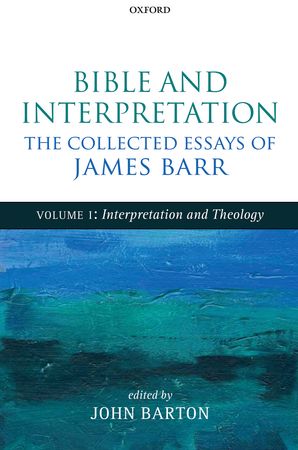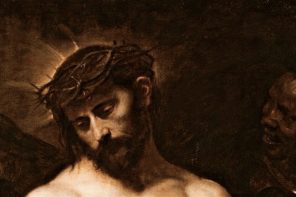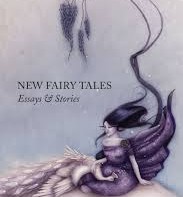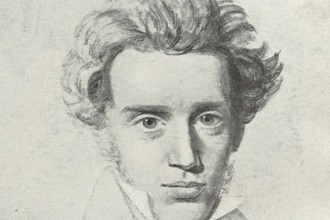James Barr, Bible and Interpretation: The Collected Essays of James Barr, 3 vol., ed. John Barton. Oxford: Oxford University Press, 2013, 2,064 pp., £360.00/$690.00, cloth.
Some might be wondering why a set of books on the Bible and Interpretation, a set that costs £360.00/$690.00, is being reviewed here. Well, I was keen to read them, and so I requested review copies. That said, these volumes contain a treasure trove of essays, 146 to be exact, and while some may be of little or no interest to our readers, I am convinced that there is something here for everyone, particularly in relation to this week’s symposium on Natural Theology.
Generally speaking, these essays cover Biblical Studies (vol. 1), Interpretation and Theology (vol. 2) as well as Linguistics and Translation (vol. 3). More specifically, these essays span Biblical Interpretation and Biblical Theology, Authority of Scripture, Judaism, Natural Theology, Environing Religions, Old Testament, New Testament, Methods and Implications, Biblical Chronology, Fundamentalism, History of Scholarship, Ancient Translations, Modern Translations, and finally, Hebrew and Semitic Languages. The sheer range is exhausting, but the reading a pure delight. These are books for the nightstand, the non-fiction equivalent of short stories, small morsels to be consumed as a sort of late-night snack. That’s not to say that they might not find their way into the study. I’m convinced they will. But, and this is my point, they need not. These books might be used in multiple ways by specialists and non-specialists alike, though the latter might wish to check them out from the local university library rather than take out the small loan purchasing a set would require.
Clearly, space and format will not allow me to review each and every essay, but Barr’s work has already been recognized as being significant, thus the collection, and so there seems to be little need here for this sort of micro-approach. What I intend to do here is to focus upon one essay from the first volume.
Part 4 of volume 1 contains five essays on Natural Theology:
- Biblical Faith and Natural Theology
- Mowinckel, the Old Testament, and the Question of Natural Theology
- Biblical Law and the Question of Natural Theology
- Greek Culture and the Question of Natural Theology
- Ancient Biblical Laws and Modern Human Rights
In the first, originally published in 1989, Barr presents a succinct version of what would become his Biblical Faith and Natural Theology: The Gifford Lectures for 1991 Delivered in the University of Edinburgh. He begins:
The expression ‘natural theology’ traditionally indicates that human beings possess in themselves, ‘by nature,’ a certain knowledge of God, or at least the possibility of such knowledge. This knowledge would exist in advance of the special revelation provided by Jesus Christ through Scripture and in the context of the Church. It would make possible the reception and understanding of the special revelation that follows it. Thus it would provide a ‘point of contact’: without it, special revelation would never reach its intended recipients; it would never be able to penetrate the understanding of men.[p. 411]
Barr continues, engaging Bultmann and Barth before turning to the Biblical data (Romans 1-2, Acts 17, Psalm 19). He concludes “that natural theology has a real basis in the biblical text.”[p. 422] Nevertheless, Barr did “not give a lot of credit to natural theology.”[Ibid.] His aim here, rather, is “to take account” of “the element of natural theology … in the Bible.”[Ibid.] It is worth noting that Barr’s views on natural theology are in some ways similar to those of David Brown. And yet Barr’s is a distinct voice, one that merits reading. I suspect that once you start, you won’t be able to stop, the three volumes’ tables of contents being filled with fascinating titles that open out into various fields of study and tempt the casual, but curious, reader to carry on.
William Lane Craig and J.P. Moreland, eds. The Blackwell Companion to Natural Theology. Oxford: Blackwell, 2009, xiii + 683 pp., £135.00/$223.95 cloth, £27.99/$41.25 paper.
One of two recent books of this sort, The Blackwell Companion to Natural Theology is decidedly analytic, and particularly concerned with “theistic arguments.”[x] As a volume of analytic philosophy, then, it is very different from The Oxford Handbook of Natural Theology which gives only one of its thirty-eight chapters to “Perspectives on Natural Theology from Analytic Philosophy.”
The Companion‘s editors begin by defining natural theology as “that branch of theology that seeks to provide warrant for belief in God’s existence apart from the resources of authoritative, propositional revelation.”[ix] The chapters that follow present a variety of arguments – cosmological, teleological, moral, and religious experience to name but a few – which are, according to the editors, “representative of the best work being done in the field.”[xiii]
But what is the field? Here, it would seem as though they mean to say the field of natural theology considered from the perspective of analytic philosophy. But what of other perspectives from other disciplines such as the arts? A Companion or Handbook, it seems to me, ought to be comprehensive. Alternatively, it might limit its scope by way of title or introduction, but here it seems that the limit is assumed, almost as if natural theology were synonymous with natural theology considered from the perspective of analytic philosophy.
Final word? An excellent introduction to natural theology considered from the perspective of analytic philosophy that might have benefitted from a more thorough introduction to, if not engagement with, the field of natural theology considered more broadly.
Reviews by Christopher R. Brewer
Image Credits: Oxford University Press and Wiley-Blackwell







